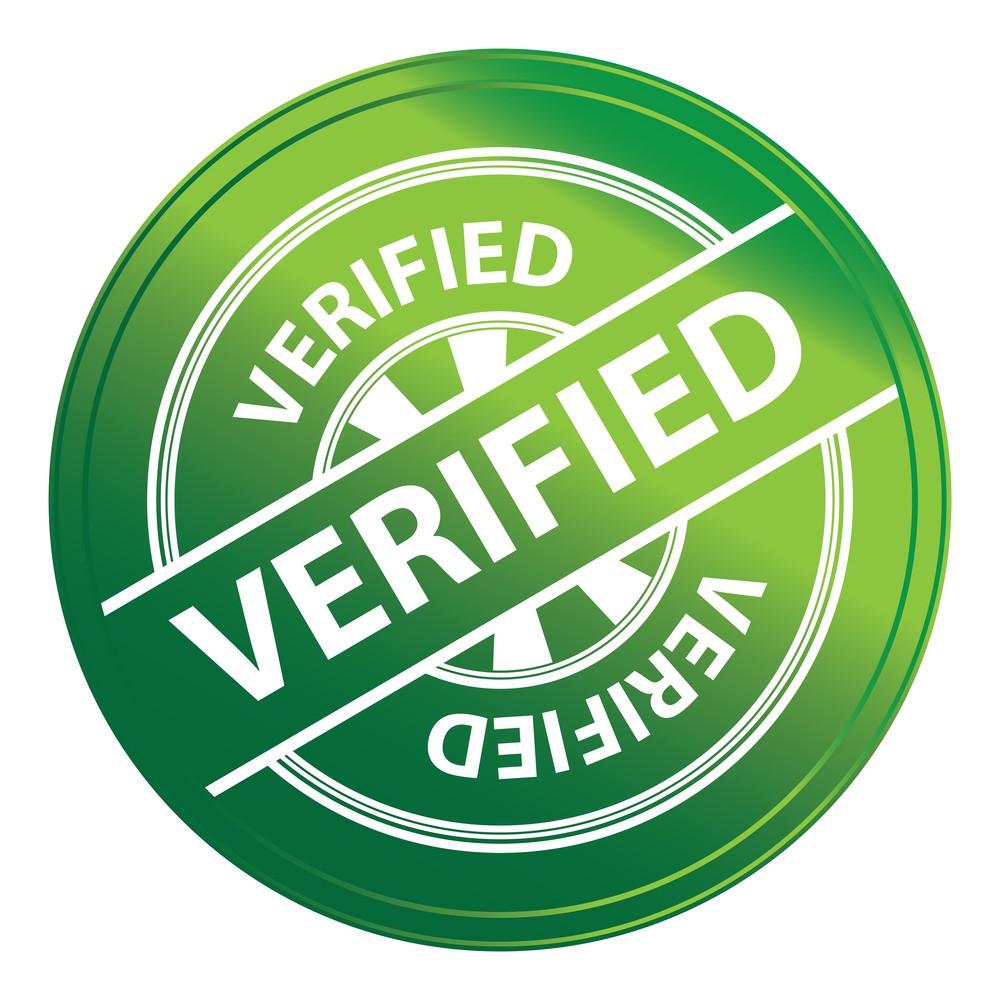The SEC Provides Guidance For Accredited Investor Verification
Posted onOn July 3, 2014, the Securities and Exchange Commission (“SEC”) six compliance and disclosure interpretations (“CD&I”) providing guidance as to the accredited investor verification in Rule 506(c) offerings. On September 23, 2013, the Rule 506(c) became effective. The rule allows companies to advertise their private placements so long as sales are only made to purchasers who qualify as accredited investors. Under the rule, issuer who conduct 506(c) offerings are required to take “reasonable steps” to verify that all purchasers in their offerings are accredited investors. Offers can be made to all investors but for a sale, the issuer must have a reasonable belief that purchasers are accredited investors at the time of sale.
Under Rule 506(c), an issuer can satisfy the verification requirement a few ways. Under any verification method, issuers should maintain complete records of the procedures followed.
Acceptable verification methods based on income include reviewing income tax returns that report the investor’s income for the two most recent years; and obtaining a written representation that the investor reasonably expects to earn the income level required of an accredited investor in the current year.
Accredited investor verification based on net worth includes as to the person’s assets, reviewing one or more of confirming documents dated within the prior three months; and as to the person’s liabilities, reviewing a report from one of the national consumer reporting agencies and obtaining a written representation that the investor has disclosed all liabilities necessary to make a net worth determination.
Obtaining a written confirmation from a registered broker-dealer or investment advisor, a licensed foreign or domestic securities attorney in good standing or a foreign or domestic CPA registered and in good standing that such person has taken reasonable steps to verify the person’s accredited investor status within the past three months and has determined that the person is an accredited investor.
The SEC’s Compliance and Disclosure Interpretations
In CD&I 260.35, the SEC states that the income-based verification method and the requirement to rely on an IRS form that reports the person’s income for the two most recent years is unavailable during the first part of the year until the tax returns for the previous year are filed. The SEC stated that under these circumstances, the company must use other verification methods.
In CD&I 260.36, the SEC states that the income-based verification method is not available if an investor is not a US taxpayer and does not have income tax returns. Under these circumstances, the company must rely upon other verification methods.
CD&I 260.37 applies to the second, net worth-based, verification method and requires that all documents provided by the investor regarding its assets and liabilities be dated within the three months prior to the investment.
CD&I 260.38 provides that a consumer report used in a net worth-based verification method be from a “nationwide consumer reporting agency” based in the U.S.
CD&I 255.48 clarifies that if the purchaser’s annual income is not reported in the U.S. dollars, the issuer can use either the exchange rate that is in effect on the last day of the year for which income is being determined or the average exchange rate for that year.
CD&I 255.49 states that if the investor’s assets are in an account that is jointly owned with another person who is not the purchaser’s spouse, the assets may be included in the calculation for the net worth test, but only to the extent of the purchaser’s proportional ownership of the asset.
Issuers should exercise caution when relying upon Rule 506(c) for their private placement offering. Non-compliance with Rule 506(c) could cause the issuer to lose its exemption from registration.
For further information about this securities law blog post, please contact Brenda Hamilton, Securities Attorney at 101 Plaza Real S, Suite 202 N, Boca Raton, Florida, (561) 416-8956, by email at [email protected] or visit www.securitieslawyer101.com. This securities law blog post is provided as a general informational service to clients and friends of Hamilton & Associates Law Group and should not be construed as, and does not constitute legal advice on any specific matter, nor does this message create an attorney-client relationship. Please note that the prior results discussed herein do not guarantee similar outcomes.
Hamilton & Associates | Securities Lawyers
Brenda Hamilton, Securities Attorney
101 Plaza Real South, Suite 202 North
Boca Raton, Florida 33432
Telephone: (561) 416-8956
Facsimile: (561) 416-2855
www.SecuritiesLawyer101.com







